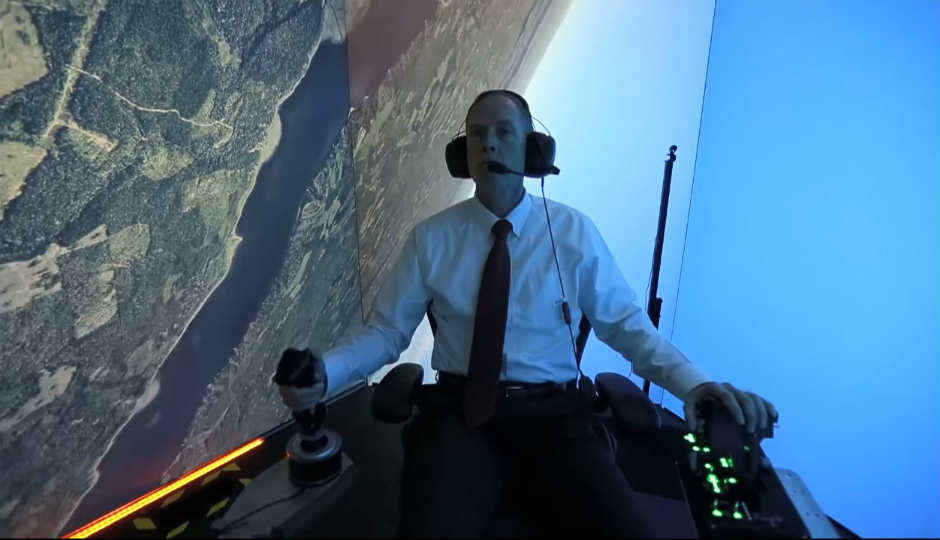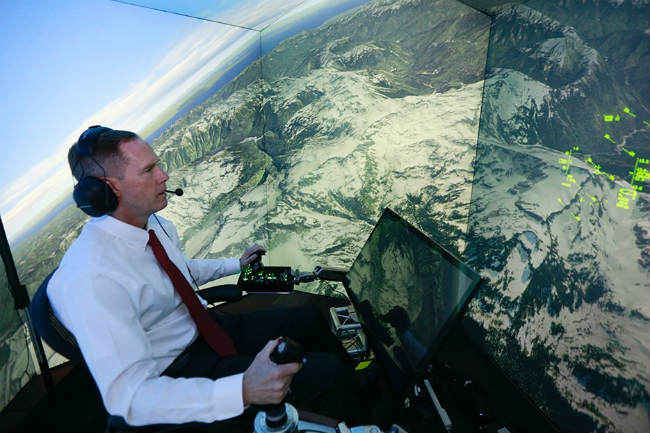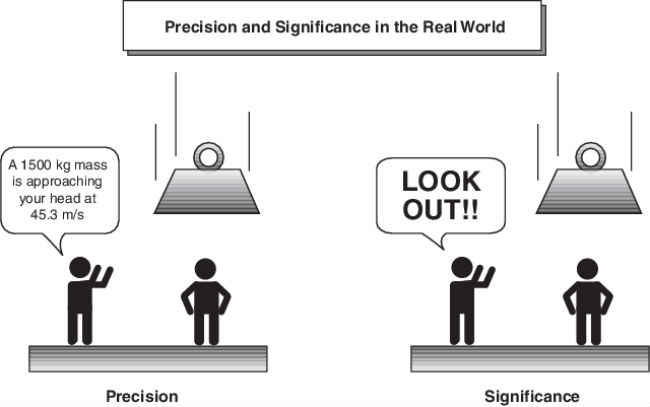ALPHA: The Artificial Intelligence that will be a combat pilot in the future

Artificial Intelligence ALPHA in now beating human pilots in air combat. Is this the future of autonomous aerial warfare?
Aptly named artificial intelligence, ALPHA recently beat a veteran aerial combat expert in a high-fidelity combat simulator. News of an AI beating a highly skilled combat pilot has caused ripples, not only across the artificial intelligence industry, but also the entire tech, social media community. This, a landmark achievement in what’s known as genetic-fuzzy systems, was the brainchild of a collaboration between AI development firm – Psibernetix, U.S. Air Force, and a team of scientists from University of Cincinnati.
Gene Lee, who is a retired U.S. Air Force Colonel with oodles of experience as an instructor as well as an Air Battle Manager, lost to AI ALPHA, after sparring in what was an action-packed air combat simulation. Lee described ALPHA as, “the most aggressive, responsive, dynamic and credible AI” he has ever seen. So what made a highly trained combat aviator lose to an AI? The answer – Fuzzy Logic.
Gene Lee working the combat simulator
What is Fuzzy Logic?
Quick decision making is key in air-to-air combat. Sometimes a call has to be taken within milliseconds, and this ability to make swift decisions is what has been prohibitive to the operations of Unmanned Combat Aerial Vehicles (UCAVs). In a research paper highlighting the same, ALPHA’s creators write, “Given an average human visual reaction time of 0.15 to 0.30 seconds, and an even longer time to think of optimal plans and coordinate them with friendly forces, there is a huge window of improvement that an Artificial Intelligence (AI) can capitalize upon.”
This is where Fuzzy logic takes center stage. The idea of Fuzzy logic can be traced back to the 1960s. It is a different approach to computing, based on the “degree of truth” rather than the Boolean logic, where variables can only be True or False (1 or 0). For example, while playing catch, humans don’t judge exact values such as distance, speed, height, air resistance, before throwing the ball towards the other players. It’s at best a ‘fuzzy’ estimate of where the ball will land.
Fuzzy Logic at work. Image courtesy, mathworks
Applying the same to artificial intelligence, a breakthrough known as Genetic Fuzzy Tree methodology has allowed scientists to develop AI that can solve extremely complex problems. “The ability to have extreme performance and computational efficiency as well as to be robust to uncertainties and randomness, adaptable to changing scenarios, verified and validated to follow safety specifications and operating doctrines via formal methods, and easily designed and implemented are just some of the strengths that this type of control brings,” says the white paper on ALPHA. Authors of the paper go on to add, “ To this day, this represents the most complex application of a fuzzy-logic based Artificial Intelligence to an Unmanned Combat Aerial Vehicle control problem.”
Now that you know how the ALPHA AI was created, let’s dive deeper into what it can actually do.
A future of manned-unmanned autonomous air combat!
United States is known to have the most powerful military in the world, but according to ALPHA’s creators, the country’s adversaries are fast catching up with the superpower, by “developing capabilities which could challenge US air superiority.”
So, to be one step ahead, ALPHA’s creators aim at a future with collaborative manned-unmanned combat aerial vehicles. The capabilities of such autonomous combat vehicles will not only remove any existential threats to the pilot, but also eliminate any margin of error due to erroneous judgement calls. Just to put things in context, combat pilots today, fly at altitudes of more than 40,000 feet at speeds in excess of 1500MPH! Yes, an error here could cost millions of dollars in damages and even more precious human lives. Currently, ALPHA’s aim is to serve as a highly intelligent training simulator for combat pilots. Within the simulation environment, data is collected and fused in real-time, after which it is sent to ALPHA.
Describing ALPHA’s potential, the white paper states, “Examples of inputs include all positional, velocity, and acceleration states, estimated missile range data, visibility of each platform, bogey ratio, and number of shots taken by hostile platforms. ALPHA currently has control of the motion and firing capabilities of each aircraft, with control over more complex sensors planned for future work.”
With what ALPHA’s creators have achieved, it can easily be said that the future of AI based air combat certainly looks promising. Although, the flipside could make aerial tussles easier and more frequent, given that the AI looks to minimise errors, loss of life. In the wrong hands, this tech could definitely do some real damage, as the attacker would not have much to lose.






